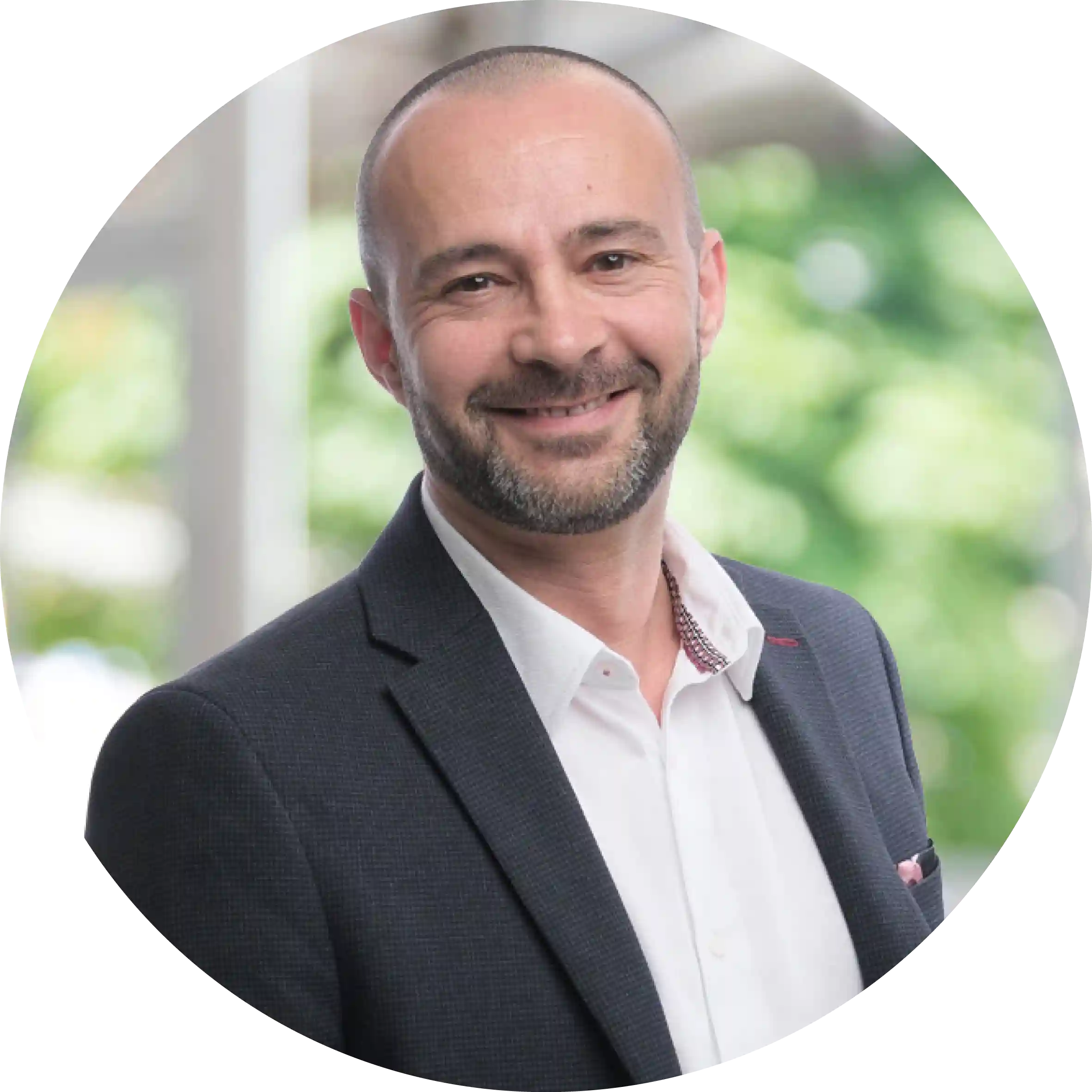The transition from one year to the next offers an invaluable opportunity for something we often overlook—pausing to reflect on our journey. Beyond catching our breath, this time is vital for psychological well-being and long-term growth. By engaging in intentional year-end reflection, we not only assess our achievements but also set the stage for a renewed sense of purpose, growth, and resilience in the year to come.
Key takeaways
By reading this article, you will:
- Understand the psychological benefits of reflection
- Identify key areas for personal reflection
- Discover how to turn reflection into actionable growth
Why pausing matters: the psychology behind reflection
When we’re constantly moving forward without taking a break to reflect, our minds can become overwhelmed, fatigued, and less adaptable. Psychologists have found that reflection can reinforce learning, deepen self-awareness, and enhance emotional regulation—all of which are key to sustained personal and professional growth.
- Enhancing self-awareness
By pausing to reflect, we activate what psychologists call ‘metacognition’, or ‘thinking about our thinking’. This self-reflective process allows us to understand not only what we achieved but also how we approached our goals, dealt with challenges, and interacted with others. Regular reflection can improve our self-awareness over time, helping us identify and hone our strengths while acknowledging areas that may need further attention. - Strengthening resilience
Taking time to assess our experiences over the previous year, especially challenging ones, allows us to develop a growth mindset, a term popularised by psychologist Carol Dweck. When we view setbacks as learning experiences, we’re more likely to see them as opportunities rather than failures, which can significantly boost our resilience. This shift in perspective fosters a healthier response to stress and equips us with the tools to handle future challenges with greater confidence. - Consolidating learning and development
From a psychological standpoint, reflection consolidates learning. In educational psychology, this is known as the “spacing effect”—the idea that spreading out our reflection over time helps us retain information better. By reflecting on what we’ve learned and accomplished over the past year, we reinforce those experiences in our memory, turning them into valuable insights for future growth.
Key areas for reflecting on the past year
With these psychological benefits in mind, here are some guiding questions to help structure your year-end reflection:
- Celebrate wins and progress
From a psychological perspective, acknowledging our wins activates the brain’s reward pathways, releasing dopamine, which can reinforce motivation. What are you most proud of achieving this year? Which strengths did you bring to bear? By recognising these successes, you enhance your confidence, priming yourself to pursue ambitious goals in the future. - Learn from challenges and setbacks
Reflecting on challenges is known as “cognitive reappraisal”—a strategy that helps us reinterpret difficult situations positively. What setbacks did you face, and what lessons did you take from them? This reflective exercise helps shift our perspective on failures, viewing them as valuable learning points and building mental resilience for future obstacles. - Assess habitual patterns
Understanding our habitual patterns—both good and bad—is essential for meaningful change.. Did any recurring behaviours or habits hold you back? Which routines were most beneficial? By identifying these patterns, we empower ourselves to make small but impactful adjustments, making our habits work for us instead of against us. - Reconnect with your values and purpose
Year-end reflection offers a valuable moment to reconnect with the “why” behind what you do. Are your goals aligned with your values and passions? Are you on a path that feels fulfilling? This is an opportunity to refine your goals based on your personal values, enhancing your motivation and commitment in the long term.
Planning for the year ahead: turning reflection into action
The next part of the process is using these insights to make intentional, meaningful changes in the year ahead. Here’s how to turn your reflections into a personal development plan for 2025:
- Set specific, aligned goals
Research shows that goals are more attainable when they are specific and aligned with intrinsic values. Instead of vague resolutions, create clear, actionable goals that resonate with your personal vision and align with what you learned from the past year. - Develop a personal growth strategy
Psychologists suggest that active learning—where we engage with new skills or ideas intentionally—leads to better retention and satisfaction. By setting out a plan for growth, you’re not just hoping for improvement; you’re designing it. - Build in balance and wellbeing
Taking steps to support your mental and physical health can make you more resilient and focused, supporting long-term growth. Think about what wellbeing practices would keep you energised, engaged, and ready to tackle the year ahead. - Commit to ongoing reflection
Reflection shouldn’t be reserved for the end of the year. A habit of ongoing reflection reinforces continuous improvement and keeps your development aligned with your evolving goals and circumstances.
Embracing reflection for a renewed path forward
Pausing to reflect may seem counterintuitive in a fast-paced work environment, but the psychological benefits it offers make it a powerful tool for personal growth. As we tackle the year ahead, consider setting aside intentional time to reflect on your 2024 journey, celebrate your progress, and plan for the future.

Author
Paul Armstrong, Director of People Development
Paul is an experienced consultant, executive, and leader in the learning and development space, who is passionate about getting to the root cause of clients’ problems and developing outstanding, sustainable change through people. With over 20 years’ experience, Paul has designed and delivered large-scale projects for some of NFP’s biggest clients, among them numerous household name organisations.